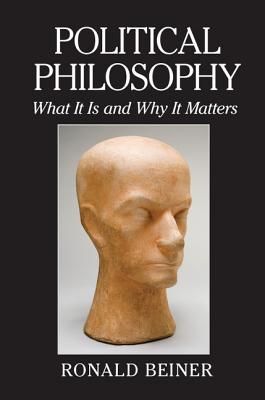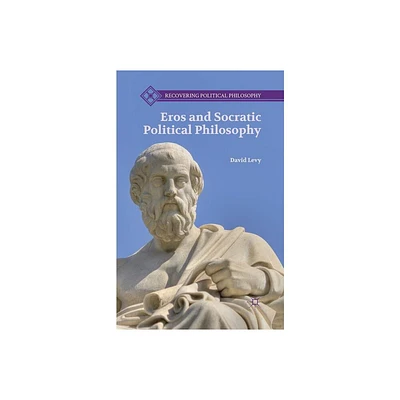Home
Endangered Excellence: On the Political Philosophy of Aristotle
Loading Inventory...
Barnes and Noble
Endangered Excellence: On the Political Philosophy of Aristotle
Current price: $99.00


Barnes and Noble
Endangered Excellence: On the Political Philosophy of Aristotle
Current price: $99.00
Loading Inventory...
Size: Hardcover
*Product Information may vary - to confirm product availability, pricing, and additional information please contact Barnes and Noble
In
Endangered Excellence
, Pierre Pellegrin provides a fresh interpretation of Aristotle's
Politics
, revealing the extent to which Aristotle diverged from other ancient writers on politics, and the extent to which many of his positions resemble modern attitudes in political philosophy. Pellegrin highlights a number of strikingly original positions in his thought. Aristotle took humans to be inherently political, for example, even as he believed this characteristic developed more completely in men than in women, and in Greeks more than in barbarians. He maintained a nuanced and flexible conception of the way that cities ought to develop their constitutions, one that would be responsive to their particular social and historical contexts. Realist enough to recognize that virtuous men are rare and that class conflict is inevitable, Aristotle envisioned a political system that would be resilient in navigating the choppy waters of civic life. With this original approach to Aristotle's
, and incorporating key developments in European and English-language scholarship on the subject, Pellegrin demonstrates Aristotle's important and often unrecognized innovations in understanding political life.
Endangered Excellence
, Pierre Pellegrin provides a fresh interpretation of Aristotle's
Politics
, revealing the extent to which Aristotle diverged from other ancient writers on politics, and the extent to which many of his positions resemble modern attitudes in political philosophy. Pellegrin highlights a number of strikingly original positions in his thought. Aristotle took humans to be inherently political, for example, even as he believed this characteristic developed more completely in men than in women, and in Greeks more than in barbarians. He maintained a nuanced and flexible conception of the way that cities ought to develop their constitutions, one that would be responsive to their particular social and historical contexts. Realist enough to recognize that virtuous men are rare and that class conflict is inevitable, Aristotle envisioned a political system that would be resilient in navigating the choppy waters of civic life. With this original approach to Aristotle's
, and incorporating key developments in European and English-language scholarship on the subject, Pellegrin demonstrates Aristotle's important and often unrecognized innovations in understanding political life.


















